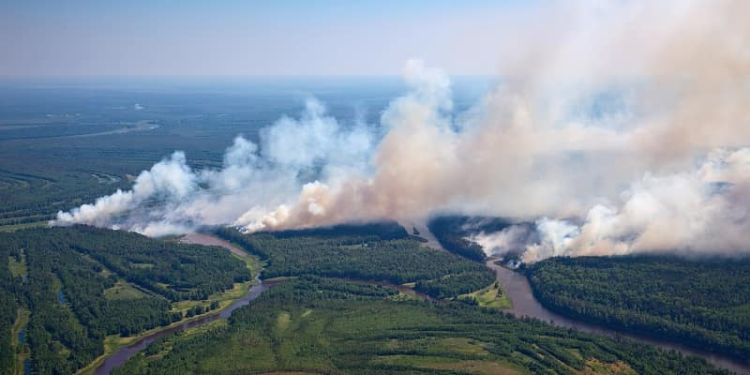Aerosols and Climate
Overview

Most of our research is about using models to understand the behaviour of aerosol in our atmosphere. A deeper understanding of aerosol processes is an essential foundation for trusting model predictions of climate effects.
We work on a wide range of science problems, including geoengineering, aerosol trends and feedbacks, volcanic impacts, dust, Arctic aerosol, forest processes, cosmic rays, air quality-climate interactions, and cloud processes.
A large fraction of our research involves confronting models with the best available data. We are currently leading the AEROCOM global aerosol microphysics intercomparison project. We have a track record of in-depth analysis of observations including global particle concentrations, global CCN, organic aerosol, marine aerosol, and intensive campaign observations. It's only through these data syntheses that we can trust our models.
A new aspect of our research is uncertainty analysis, using new statistical techniques to identify the main sources of uncertainty in our complex models.
We use the Global Model of Aerosol Processes (GLOMAP), together with extensive observations, to understand the impact of aerosols on climate, air quality and weather. GLOMAP is implemented in our own TOMCAT Chemical Transport Model, the Met Office Unified Model for climate and weather impact studies, and the European Centre for Medium-Range Weather Forecasts Integrated Forecasting System.
The principal investigators of GLOMAP are Professor Ken Carslaw, Dr Dominick Spracklen, Dr Graham Mann and Dr Kirsty Pringle.
We are funded by the National Centre for Atmospheric Science, NERC and the EU.
Contact us
If you would like to discuss an area of research in more detail please contact the Research Group Leader: Professor Ken Carslaw.

